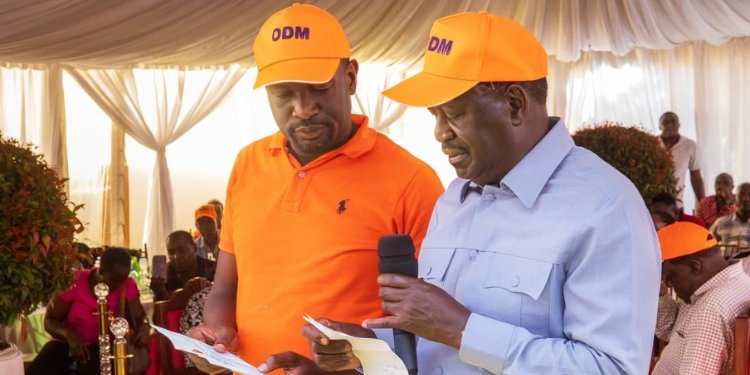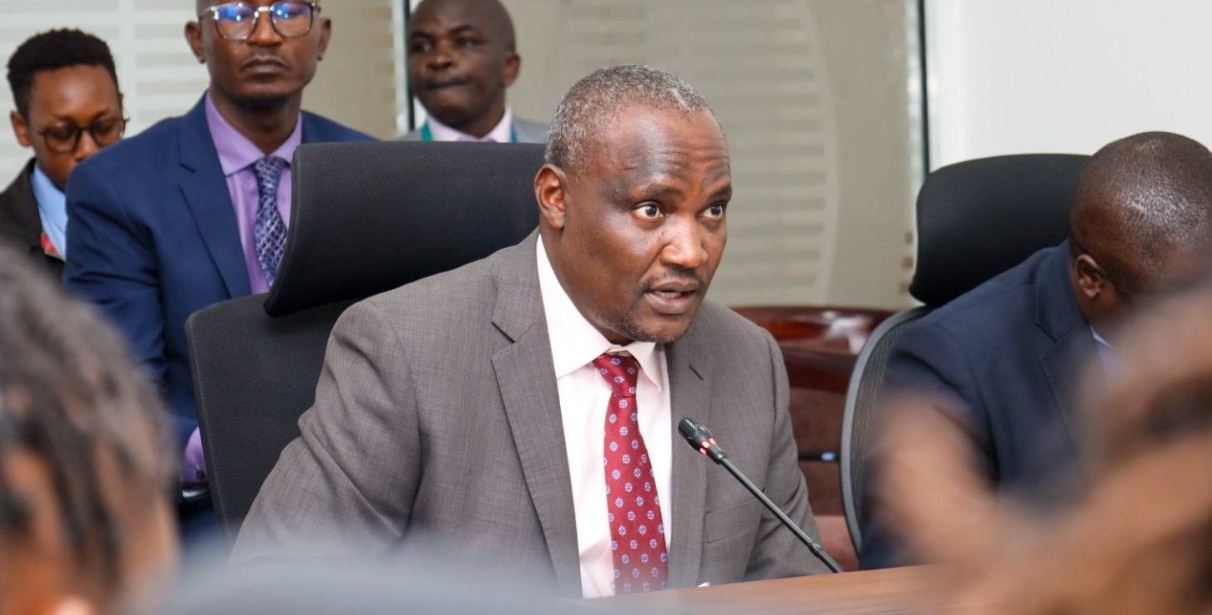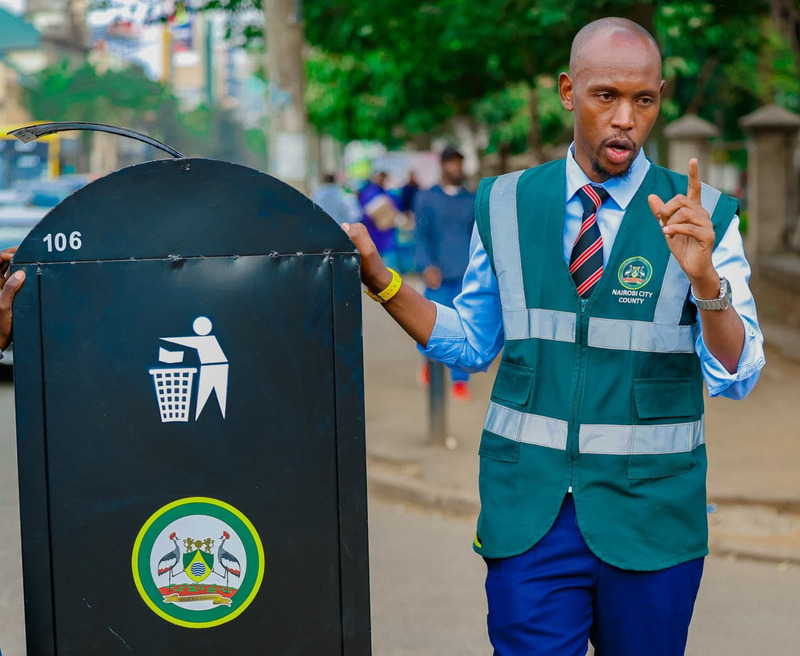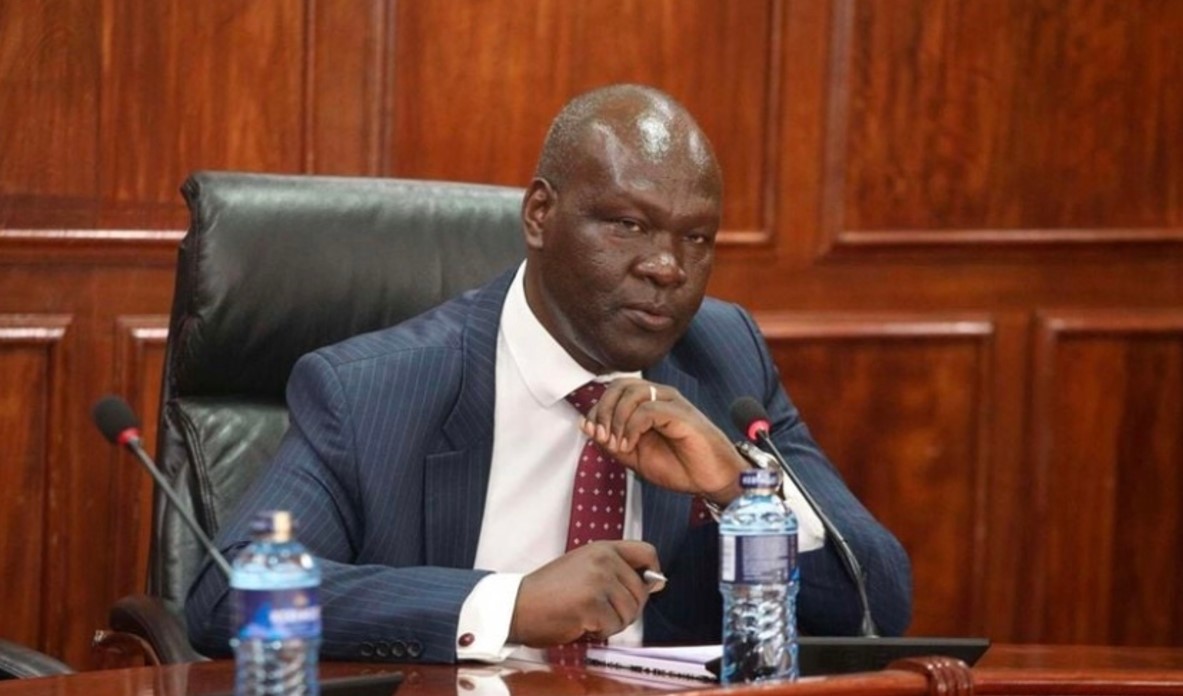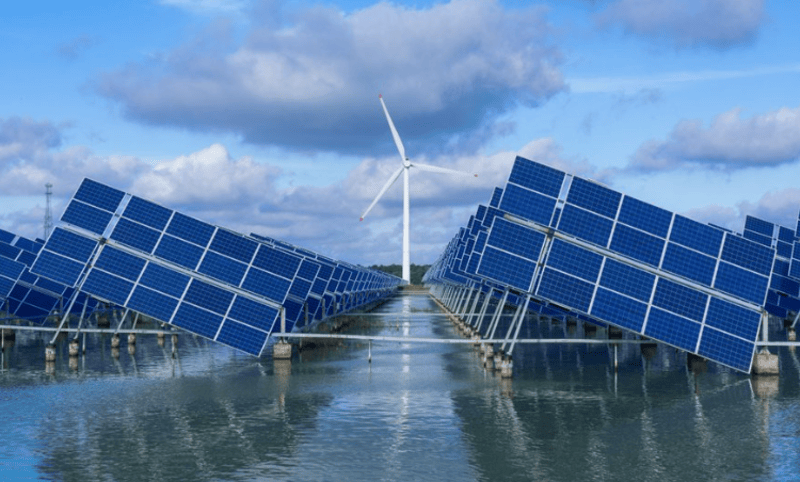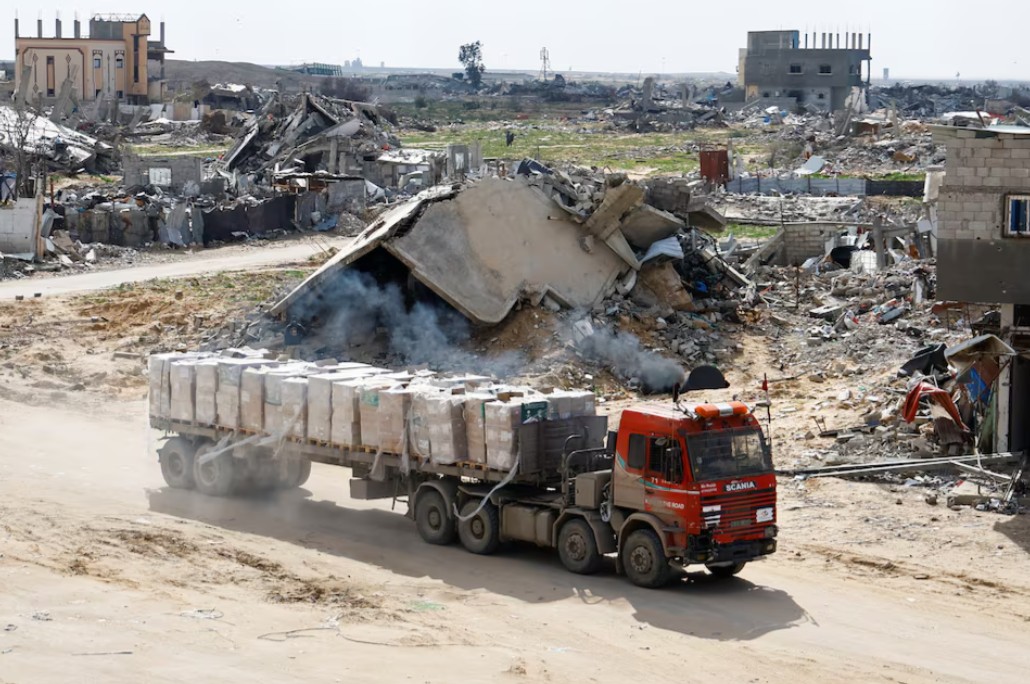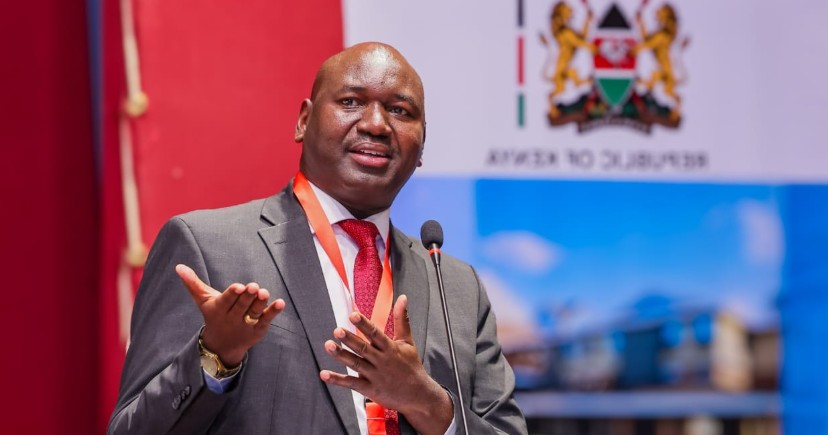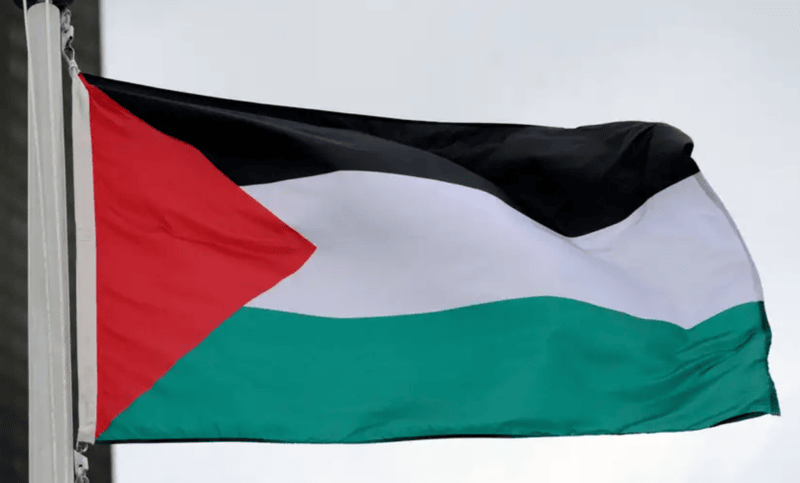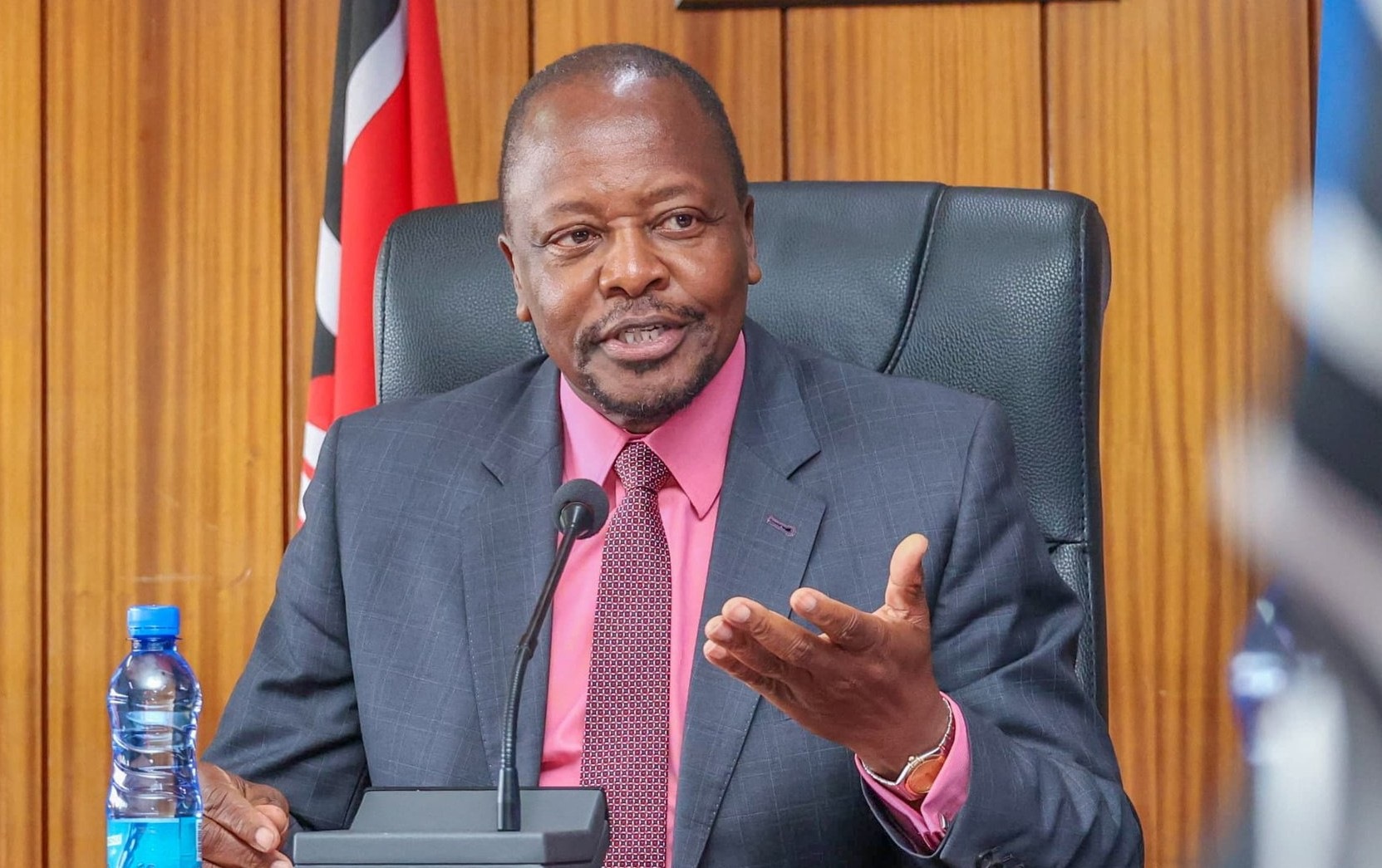South Sudan condemns UN Security Council’s extension of arms embargo, sanctions
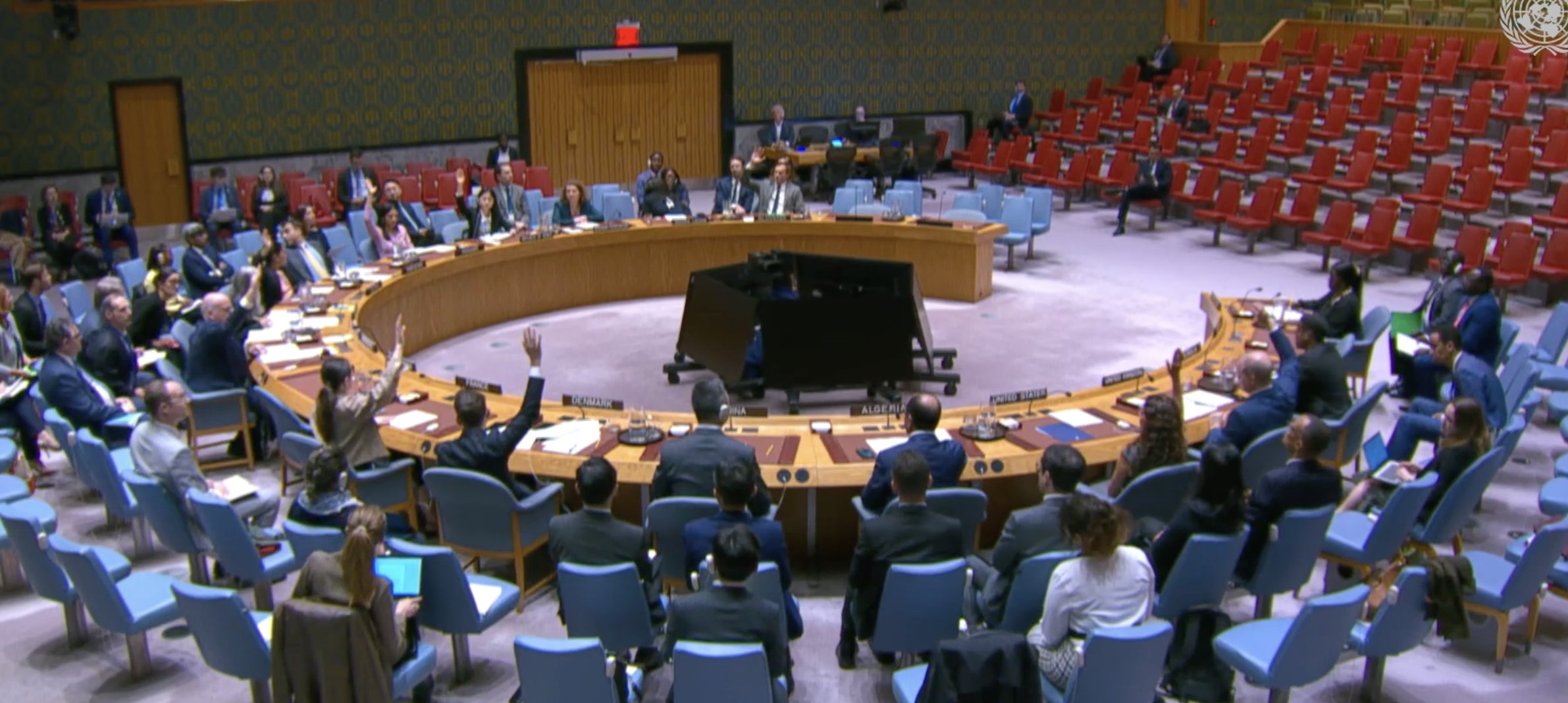
According to South Sudan, the extension undermines the nation's delicate peace efforts and complicates the unification of its armed forces.
The government of South Sudan has expressed disappointment over the United Nations Security Council's May 30 decision to extend the arms embargo and sanctions on the country and specific individuals until May 31, 2026.
According to South Sudan, the extension undermines the nation's delicate peace efforts and complicates the unification of its armed forces.
More To Read
- WFP warns of potential food aid cut in South Sudan in September
- UN chief describes situation in Gaza as a 'horror show'
- UN Security Council adopts unanimous resolution urging peaceful settlement of global disputes
- South Sudan’s Parliament resumes amid budget crisis, unpaid wages, and fragile peace
- South Sudan’s foreign minister in Washington for tense talks on deportations and governance
- ICC finds evidence of war crimes, sexual violence in Darfur
The Council voted for the resolution at the UN headquarters in New York. Six nations reportedly abstained during the vote, voicing disappointment that the resolution fell short of tackling key issues in South Sudan.
Speaking on the same day, South Sudan's Permanent Representative to the United Nations, Ambassador Cecilia Adut Manyok, stated that the sanctions are impeding the training and stationing of the Necessary Unified Forces, which are a key part of the 2018 Revitalised Peace Agreement.
She added that South Sudan is already working on unifying its army ahead of the country's 2026 polls, but noted that the sanctions are going to make the process more difficult.
The agreement, brokered by the Intergovernmental Authority on Development (IGAD), was intended to end violent conflict in South Sudan and usher in a transitional period leading to elections in 2024, which has since been extended by two years.
"Our proposal aimed to reinforce the role of the unified forces under Chapter Two of the agreement, which is central to the peace architecture we are working tirelessly to implement," Adut said.
While acknowledging that South Sudan welcomes parts of the resolution, including the global focus on its peace efforts, Adut stated that keeping the arms embargo shows a lack of recognition for gains being made in the country, including the crafting of a new constitution.
However, Adut lauded countries like China, Russia, Pakistan, Algeria, Sierra Leone, Somalia, and institutions like the African Union and IGAD for standing by South Sudan and supporting its push for homegrown solutions to resolve its challenges.
"Your commitment to fairness and recognition of homegrown solutions has not gone unnoticed."
Additionally, Adut decried that the arms embargo was scaring away potential foreign investors, limiting the growth of local businesses, but stressed South Sudan's commitment to achieving peace.
The UN Security Council imposed an arms embargo on South Sudan in July 2018 to stop weapons from fueling its civil war, which had led to thousands of deaths and severe human rights violations. The embargo and related sanctions have been renewed annually, most recently extended to May 31, 2026.
International organisations continue to worry about ongoing violence in South Sudan, maintaining that the embargo should stay in place until significant progress is made.
Top Stories Today

